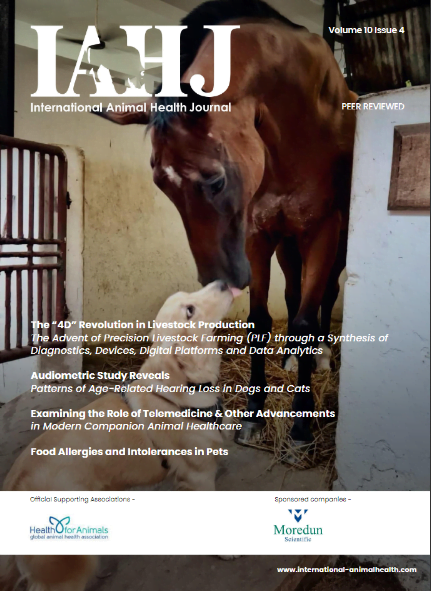A study published in Environmental Toxicology and Chemistry has found long-term impacts of the 2010 Deepwater Horizon oil spill in the northern Gulf of Mexico on bottlenose dolphins’ immune function.
Bottlenose dolphins from an area that received prolonged and heavy oiling were temporarily captured, sampled, and released as part of health assessment programs. The animals were compared with dolphins from an area where no oil was observed.
Investigators documented immunological alterations in bottlenose dolphins tested up to a decade following the oil spill that were similar in nature to those immediately following the spill. The effects were seen even in dolphins born after the spill. The nature of the immunological effects observed in dolphins were also similar to those in mice experimentally exposed to oil in the lab.
The findings suggest that there are long-term consequences of oil exposure on the mammalian immune system, with possible multigenerational effects.
“The parallel between findings in dolphins exposed following the Deepwater Horizon spill and laboratory mice experimentally exposed to oil was impressive and really helped build the weight of evidence between oil exposure and specific effects on the immune system,” said corresponding author Sylvain De Guise, PhD, of the University of Connecticut. “However, the long-term effects and potential for multigenerational effects raise significant concerns for the recovery of dolphin populations following the spill,” he added.












